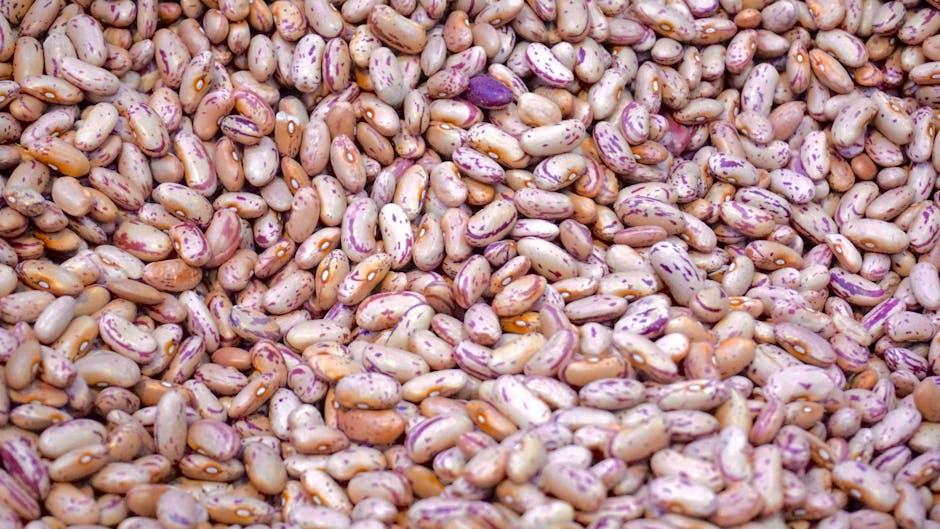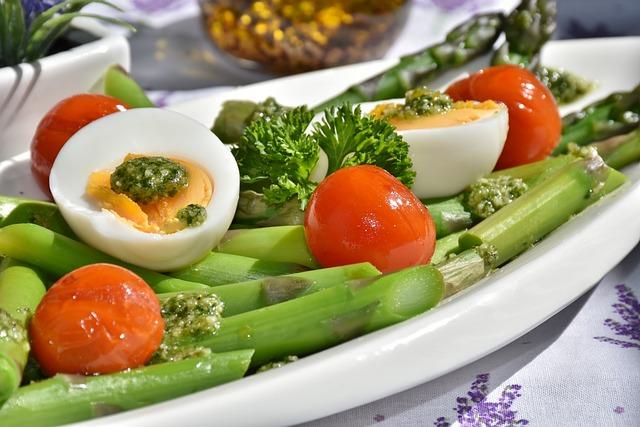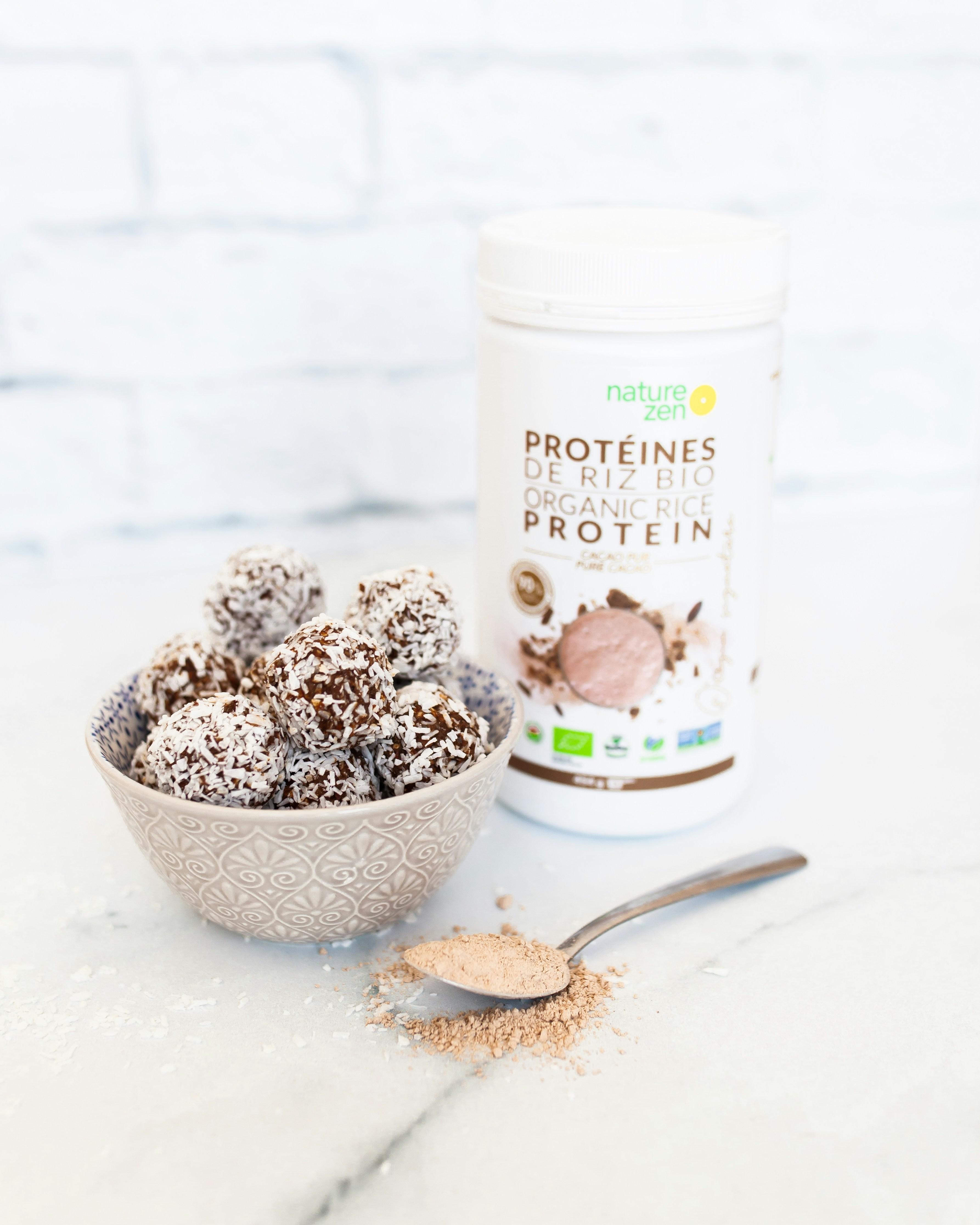In the vibrant tapestry of our culinary evolution, the plant-based diet has emerged as a beacon of health, sustainability, and ethical living. Yet, as alluring as it sounds, the transition to a diet centered around plants can often seem like a daunting journey through uncharted territory. The fear of missing out on essential nutrients looms large, casting a shadow over the vibrant greens, hearty grains, and colorful fruits that beckon from the other side. But what if this journey could be less of a leap and more of a graceful transition? What if you could embrace the bounty of the plant kingdom without compromising on your nutritional needs? Welcome to your guide on how to transition to a plant-based diet without losing nutrients—an exploration that promises to nourish your body, delight your senses, and sustain your well-being.
Balancing Your Plate: Key Nutrients to Focus On
When transitioning to a plant-based diet, it’s essential to ensure you’re getting a balanced intake of vital nutrients to maintain optimal health. Focus on incorporating a variety of foods to cover all your nutritional bases:
- Protein: Essential for muscle repair and growth. Incorporate beans, lentils, chickpeas, tofu, tempeh, and quinoa into your meals.
- Iron: Vital for oxygen transport in the blood. Boost your iron intake with spinach, kale, lentils, chickpeas, and fortified cereals. Pair these with vitamin C-rich foods like oranges or bell peppers to enhance absorption.
- Calcium: Important for bone health. Include fortified plant milks, tofu, almonds, sesame seeds, and leafy greens like bok choy and broccoli.
- Omega-3 Fatty Acids: Crucial for brain health. Opt for flaxseeds, chia seeds, hemp seeds, and walnuts.
- Vitamin B12: Necessary for nerve function and the production of DNA. Since it’s primarily found in animal products, consider fortified foods or a B12 supplement.

Plant Power: Protein Sources Beyond Meat
One of the biggest concerns when transitioning to a plant-based diet is ensuring you’re still getting enough protein. Fortunately, there are numerous plant-based protein sources that can easily replace meat in your meals. Some of the most protein-rich options include:
- Lentils: These versatile legumes are not only packed with protein but also high in fiber, making them perfect for soups, stews, and salads.
- Chickpeas: From hummus to falafel, chickpeas are a delicious and protein-packed addition to your diet.
- Quinoa: Known as a ”complete protein,” quinoa contains all nine essential amino acids, making it a fantastic grain alternative.
- Tofu and Tempeh: Made from soybeans, these staples are excellent sources of protein and can be marinated and cooked in various ways to suit any dish.
- Nuts and Seeds: Almonds, chia seeds, and hemp seeds are just a few examples that can boost your protein intake while adding a satisfying crunch to meals.
By incorporating these protein-rich foods into your diet, you can easily meet your nutritional needs without relying on meat. Experiment with different recipes and find what works best for your taste and lifestyle.

Vital Vitamins: Ensuring Adequate B12 and Iron Intake
Transitioning to a plant-based diet can be incredibly rewarding, but ensuring you maintain adequate levels of essential nutrients like B12 and iron is crucial. Vitamin B12 is naturally found in animal products, so you’ll need to look for fortified foods or supplements to keep your levels in check. Great sources include:
- Fortified plant milks
- Breakfast cereals
- Nutritional yeast
Iron is another vital nutrient that can be tricky to get enough of on a plant-based diet. While plant sources of iron, known as non-heme iron, are less easily absorbed by the body, combining them with vitamin C-rich foods can enhance absorption. Consider incorporating these iron-rich foods into your meals:
- Lentils and beans
- Tofu and tempeh
- Dark leafy greens like spinach and kale
By being mindful of your intake and making thoughtful food choices, you can thrive on a plant-based diet while maintaining optimal health.

Diverse Diet: Embracing a Variety of Plant-Based Foods
Transitioning to a plant-based diet opens up a world of colorful, nutrient-dense foods that can enrich your meals and your health. Embracing a variety of plant-based foods is crucial to ensure you’re getting a well-rounded intake of essential nutrients. Here are some vibrant options to consider:
- Leafy Greens: Spinach, kale, and Swiss chard are packed with vitamins A, C, and K, as well as minerals like iron and calcium.
- Whole Grains: Quinoa, brown rice, and oats provide a rich source of fiber, B vitamins, and essential amino acids.
- Legumes: Lentils, chickpeas, and black beans are excellent sources of protein, fiber, and a variety of vitamins and minerals.
- Nuts and Seeds: Almonds, chia seeds, and flaxseeds offer healthy fats, protein, and important micronutrients like magnesium and zinc.
- Fruits: Berries, citrus fruits, and bananas not only add natural sweetness to your diet but also provide antioxidants and vitamins.
By incorporating a diverse array of these foods into your daily meals, you can ensure a balanced and nutrient-rich plant-based diet that supports your overall health and wellbeing.





